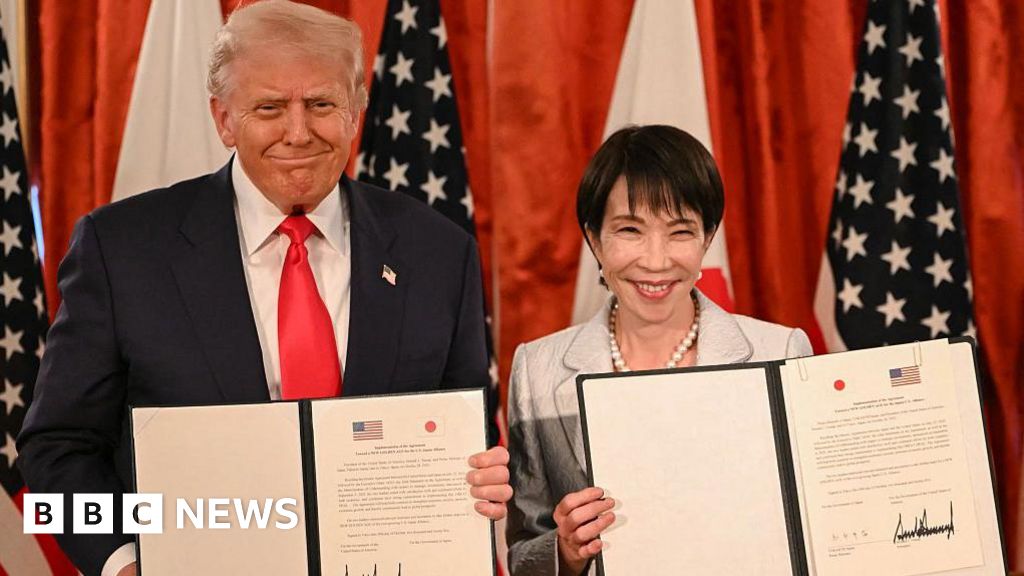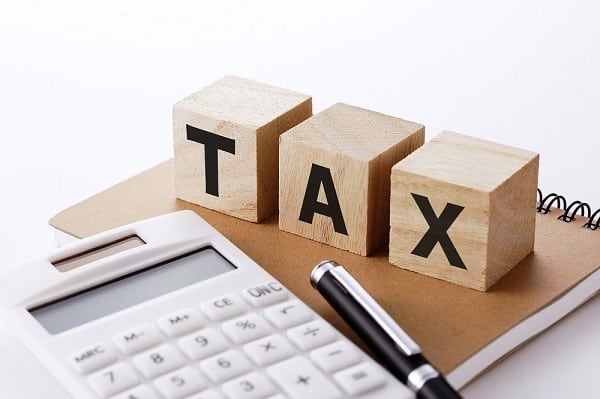Copyright bbc

The critical minerals deal with Japan involves the two sides agreeing to boost the supply and production of rare earths – and includes plans for co-ordinated investment and stockpiling of rare earths as well as a Rapid Response Group to manage supply shocks. The deals with the smaller South East Asian economies are just as thin on details. Malaysia, Thailand, Vietnam and Cambodia all agreed to increase US access to rare earths and export rules that would favour American buyers over Chinese companies. They also include promises that they will not block shipments to the US, and would encourage local processing and investment by non-Chinese firms. But the deals with Malaysia and Thailand are non-binding agreements, or what we call a "Memorandum of Understanding" (MOU). Will they survive political shifts in these countries? Another big question that has not been addressed is regulation – especially given potential environmental damage. With rare earths, it's not just mining but even the processing that is a dirty business. It involves extraction, leaching, thermal cracking and refining, all of which produce radioactive components. The impact in China has been well-documented, which has meant that it's not an industry other countries have readily embraced. The world's largest supplier of rare earths outside China is the Australian company Lynas Rare Earths. It relies on Malaysia for part of its refining but has faced a number of regulatory hurdles there over the years. By binding regional heavyweights like Japan and Australia into investment deals which potentially give the US more control over rare earths supplies, Trump will enter into the high-stakes Thursday talks with Xi on firm ground. But the fact is China still controls around 70% of rare earth processing. And catching up requires immense amounts of capital, strong environmental laws and technical expertise. Building a single processing plant can take years from design to full production. Australia has been serious about ramping up production of rare earths for a long time now, but its plants are still not up and running. And China is hardly a silent observer in this region – trade with the world's second-biggest economy is essential for all these countries, including Japan. So Washington cannot discount the influence Beijing wields, especially in South East Asia. Supply chains governing rare earths need to diversify and transform. Commitments to co-operate and invest are a start, but the road ahead is long and complicated.



